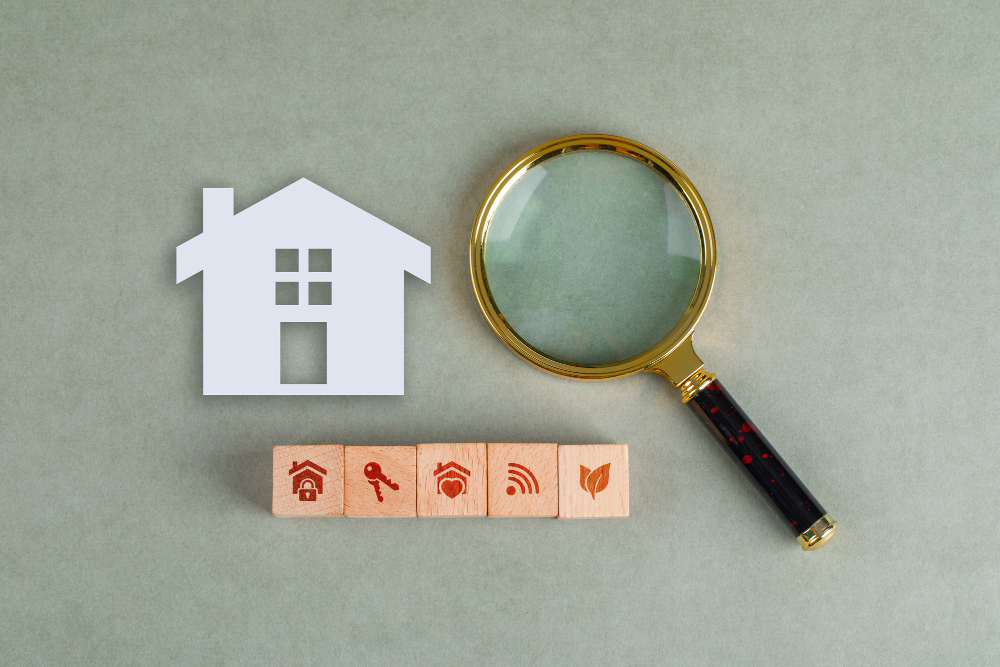-By Lakpa Sherpa – MNAEA, MSC
Introduction
Selling your property in the UK can feel like a big task, whether you’re moving to a new city, downsizing, or just in need of money. The property market in the UK has been competitive in 2025 because of fluctuating mortgage rates and changing buyer behaviour. Therefore, understanding the selling process and knowing exactly what to expect can save you time, stress, and money.
Once you have made the decision to sell, decide on your goals before putting your property on the market. Are you looking for a quick sale or aiming to achieve the highest possible price? Your timeline will influence your approach. For example, if you need to move quickly for work, you might be more flexible on price or if you have time, you can hold out for the right offer.
This guide will walk you through each stage of the selling process, from deciding to sell to completing the sale. Whether you’re a first-time seller or have sold homes before, this guide explains everything in clear, simple language. By the end, you’ll have a clear roadmap to navigate your sale confidently.
Step 1: Valuing Your House for Sale

A professional valuation will help you set a realistic asking price. The factors that affect value include location, property condition, recent renovations, and local amenities. You can:
- Ask estate agents near you for free valuations. The estate agents will be more than happy to come around and give you a fair market valuation.
- Use online property valuation tools. However, the valuation may not be an accurate representation of the property condition.
- Check recent sales of similar properties in your area on the list sites like Zoopla or Rightmove.
Step 2: Choosing an Estate Agent or Selling Privately
You have the choice to sell through an estate agent or take the “for sale by owner” route. Both have their own pros and cons.
Selling with an estate agent: They handle marketing, viewings, and negotiations. For example, if you list with Yeti Homes, they can prepare your property with professional photos and an online listing to attract more buyers. You will be informed at every stage and asked to make decisions when required, but there will be a service charge. The charge will differ from agent to agent. A typical charge can be anywhere around 1% to 3% of the sales figure or some may have a fixed fee.
Selling privately: You will save on fees but will need to market, host viewings, and manage negotiations yourself. This option works best if you’re comfortable with the process and have time to manage it.
Step 3: Preparing Your Property for Sale

First impressions matter. Declutter, clean thoroughly, and carry out small repairs before listing. When viewing the buyers will imagine living in the property so these little tiny details can make a huge difference
Step 4: Marketing Your Property
If you are selling through the estate agent then they will ensure your property is marketed on listing platforms like Rightmove, Zoopla, and many other marketing platforms They can also post it on their networks of interested buyers registered with them.
Some of the key marketing tools are:
- Professional photos
- Provision of Virtual tours (popular in 2025 with remote buyers)
- Listings on major property sites
Step 5: Handling Viewings and Offers
Once your property is live, you’ll start receiving viewing requests. Decide whether you or your estate agent will host them. If with estate agents, they will handle all the viewing appointments and ensure the buyers are provided with detailed information about the property.
When offers come in, consider more than just the price. A cash buyer with no chain might help you sell your house fast, compared to a higher offer with delays, such as a chain.
Example of a chain buyer: A buyer who may be waiting for their property to sell and then buy your property. You could have more than one chain and chain buyers could be slow and sometimes sales may even fall through if there is a break in the chain, i.e., the buyer is unable to sell their property.
Step 6: Accepting an Offer and Starting Conveyancing
When you accept an offer, the legal process called conveyancing begins. You’ll need a solicitor or licensed conveyancer to handle contracts, property searches, and the transfer of ownership. If unsure, always ask your estate agents who will have contacts for the solicitors they regularly use. There will be a separate conveyancing cost. Your solicitor can be from any location since all the conveyancing processes can be completed online.
The buyer will usually arrange a survey during this stage, which can lead to renegotiations if issues are found with the property. A survey, depending on the level, normally inspects the detailed condition of the house, structural damage, flood risks, and many other risks associated with a property.
Step 7: Completing the Sale and Key Handover

Completion is the final stage. This is when ownership officially transfers and you receive the sale proceeds. This usually happens a week or two after exchanging contracts, but timelines can vary. Once the contracts are exchanged then neither the buyer nor the seller can back out. On the chosen completion date, you’ll hand over keys, settle any remaining mortgage, and move out. Make sure utilities are finalised and mail is redirected.
Conclusion
Selling a property in the UK might seem daunting, but breaking it down into clear steps makes it much more manageable. Selling experience is normally smoother when you sell it through a good estate agent, who will guide you and provide information on every step.
Yeti Homes is one of many estate agents who specialise in sales and property management. Ensure to conduct your own due diligence before choosing an agent by looking through the reviews, comparing the fees and asking friends and family who have sold their property before.

